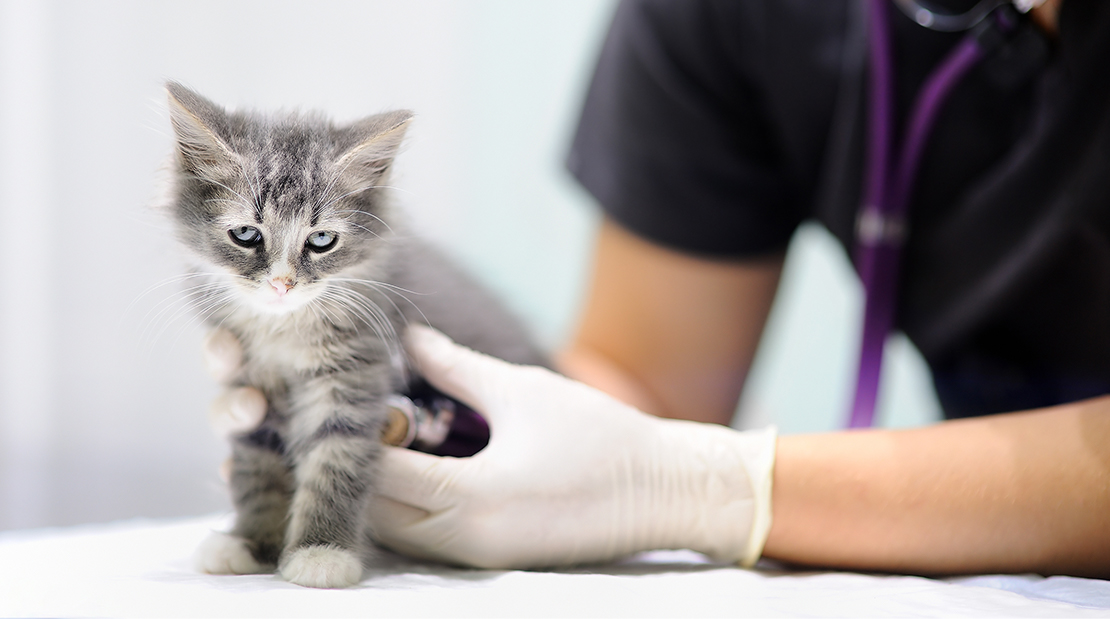
What To Ask at Your Cat’s Vet Appointment
You may have noticed your cat does not enjoy the Sometimes, cats vocalize their discomfort or get sick in the carrier on the way to an appointment. While these rides can be uncomfortable for some cats, your cat’s health is dependent on preventative care and treatments provided at the vet’s office.
Preventative care, vaccinations, and your cat’s dental health are some concerns you can address at your cat’s next vet appointment.
Preventative Care
As with other animals, your cat can be subject to various diseases. Diabetes, hyperthyroidism, and kidney disease can be found in cats. These diseases are typically found in older cats, so screening and monitoring is critical to prevention and treatment.
Parasite prevention is also important. Although common in dogs, fleas can be a problem for cats, too. If your cat is primarily indoors or lives with dogs, discussing fleas and intestinal parasite prevention could be a productive talk on your next visit.
Vaccinations
Vaccines can play a critical role in your cat’s overall wellbeing. This preventative measure should be discussed when taking a proactive stance in keeping your feline happy and healthy. You can expect to do blood work annually (or bi-annually at minimum) on all pets, especially older cats. Remaining current on both vaccinations and blood work is key to longevity.
Dental Care
Does your cat have a healthy mouth? If issues are not properly addressed– and in a timely manner– dental disease can lead to heart disease and kidney disease. Some cats can get resorptive lesions as well as tartar and bacteria, and extractions would be needed if lesions start to develop. If you’ve noticed your cat isn’t eating, mention that at your next vet appointment. It could mean their dental health may need to be assessed. It is also recommended that cats have their teeth cleaned every six months to a year.
Examinations
Vets will try to cause as little stress as possible on the cat during an examination. Occasionally, in extreme circumstances– if a cat is not used to being handled– it could require sedation.
You can be as hands-on or reserved as you would like in this process, but to limit the stress on your cat you might consider giving your pet time alone with the vet to relieve both your and your pet’s anxieties about the visit.
If you have more questions about your cat’s health, reach out to us at CY-Fair.
Car rides in general? Do they express discontent upon arrival at the vet maybe? I don’t want to change it until I really know what the goal is in this first paragraph 🙂
The goal of the first paragraph is to introduce the visit with the very first step… the car ride! All cats don’t suffer from this type of discomfort per Dr. LaVigne, but it is a common experience for many cats.

